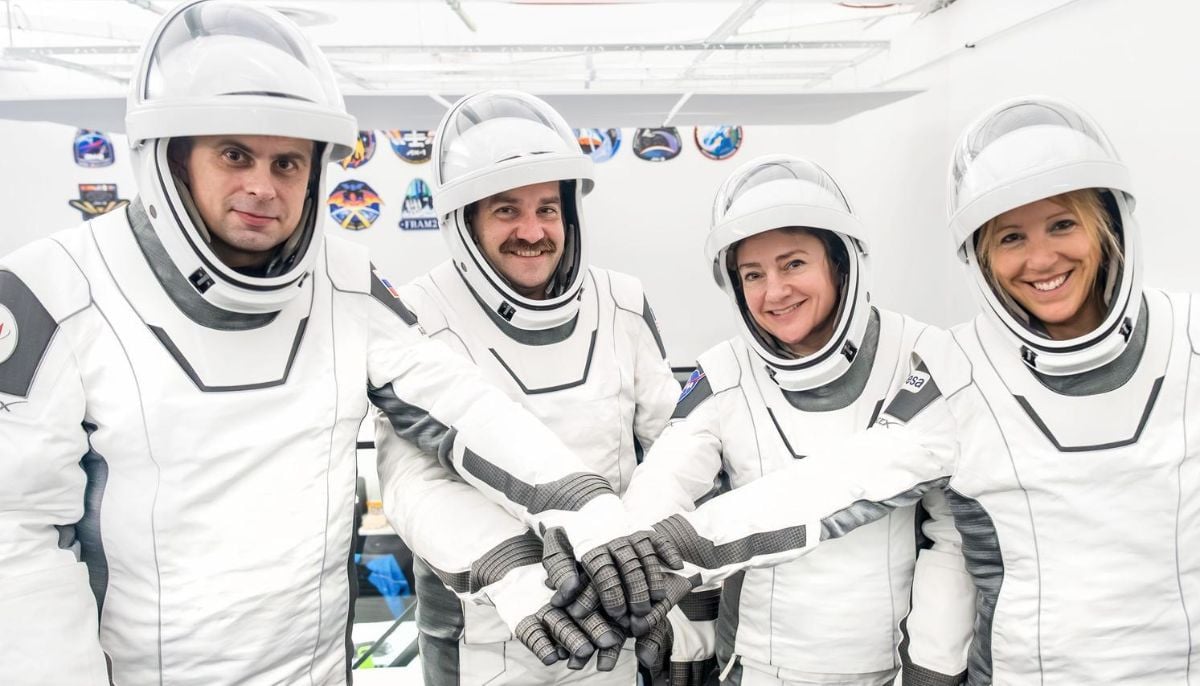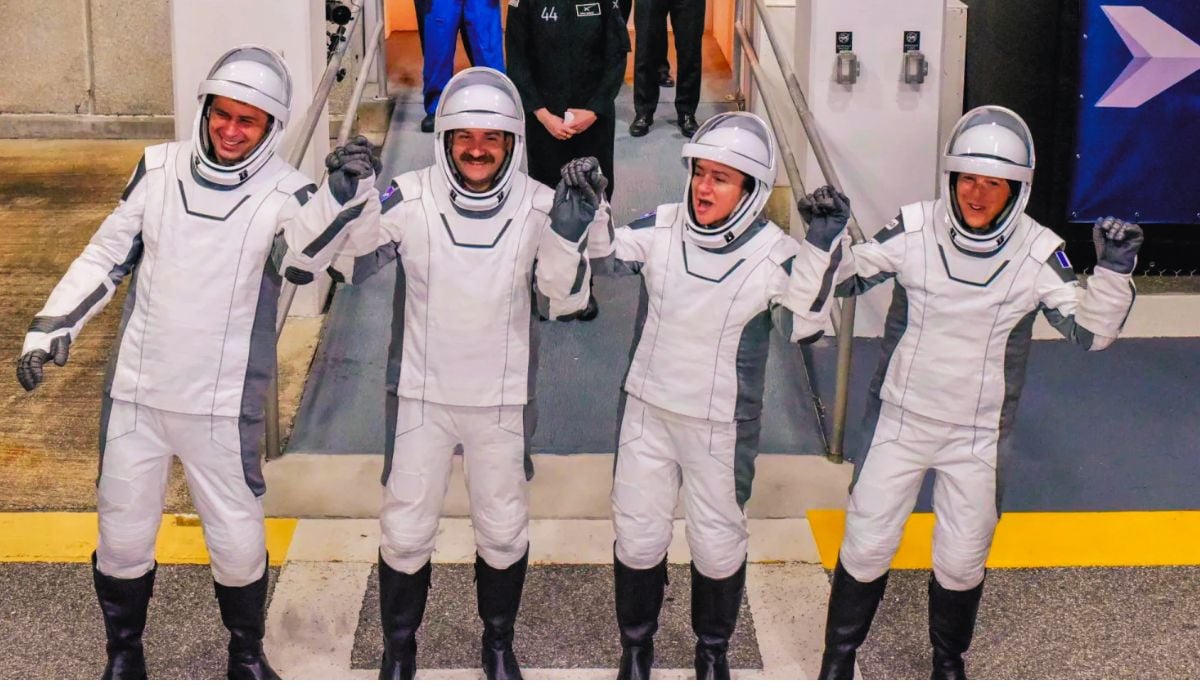VIDEO: Elon Musk-owned Neuralink’s brain implant trials draw myriad volunteers
Elon Musk's Neuralink started inviting volunteers for its first human experiment in September
One of Elon Musk's biographers, Ashlee Vance, reported recently in Bloomberg that thousands of individuals have indicated interest in obtaining one of Neuralink's brain implants.
Although Neuralink has not yet implanted its device in a person, Vance stated he has visited the company's facilities ten times in the last three years and that it plans to operate on eleven patients next year and more than 22,000 by 2030.
Neuralink, which Musk co-founded in 2016, received clearance from the US Food and Drug Administration earlier this year to begin human testing of the gadget, which Musk has dubbed a "Fitbit in your skull."
According to Reuters, Neuralink's application for human testing was previously turned down by the FDA in March due to safety concerns, such as the possibility that the brain chip's wires may move inside a subject's skull or overheat.
The business started hiring for its first human experiment in September. In a blog post, Neuralink stated that it was searching for individuals with amyotrophic lateral sclerosis or spinal cord injuries that resulted in paralysis in all four limbs.
The business claims that one day it will produce a gadget that will enable people to communicate with machines through a kind of symbiosis and play games with just their minds. However, the company's stated goal is to assist those suffering from neurological conditions.
Despite "an outpouring of interest from thousands of prospective patients," according to Vance, the author of the 2015 biography "Elon Musk: Tesla, SpaceX, and the Quest for a Fantastic Future," the company was still seeking its first volunteer, or "someone willing to have a chunk of their skull removed by a surgeon so a large robot can insert a series of electrodes and super thin wires into their brain."
A surgeon would need a "couple of hours" to complete the craniectomy, according to Musk's biography, while the robot, with its very thin array of around 64 threads, would need approximately 25 minutes to place the device.
He said that the implant would take the place of the excised section of the skull. The threads, according to Vance, were around one-fourteenth the breadth of a single human hair strand.
-
‘Smiling electrons’ discovered in Earth’s magnetosphere in rare space breakthrough
-
Archaeologists unearthed possible fragments of Hannibal’s war elephant in Spain
-
NASA's Hubble Space Telescope discovers ‘Dracula Disk', 40 times bigger than solar system
-
Annular solar eclipse 2026: Where and how to watch ‘ring of fire’
-
Scientists discover rare form of 'magnets' that might surprise you
-
Humans may have 33 senses, not 5: New study challenges long-held science
-
Northern Lights: Calm conditions persist amid low space weather activity
-
SpaceX pivots from Mars plans to prioritize 2027 Moon landing











